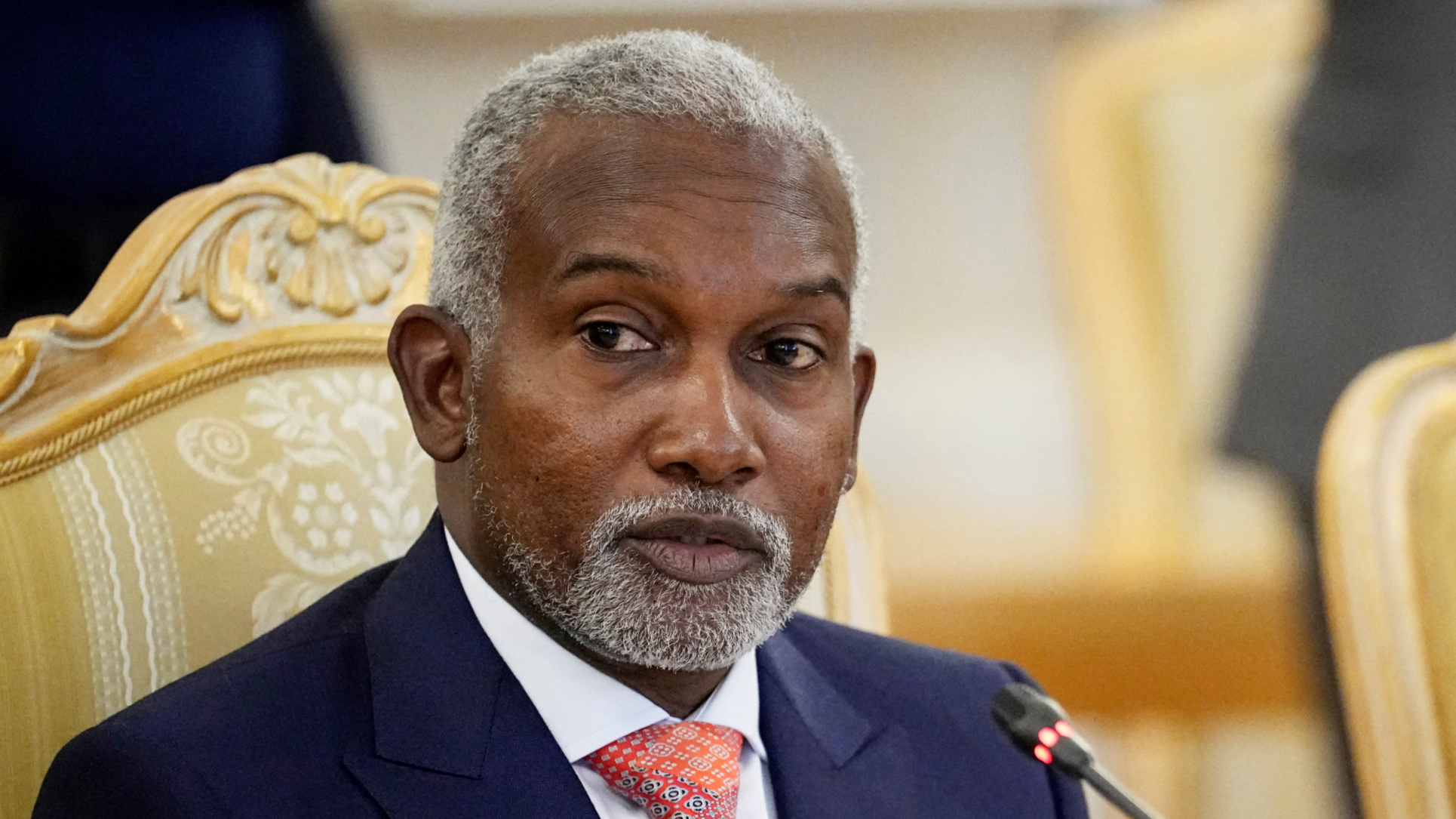
ABUJA - Nigeria's Foreign Affairs Minister Yusuf Tuggar on Wednesday said the most popular African country will never fail in its commitment to a fairer and more inclusive global order, to which it is ready to contribute meaningfully, under the framework of the BRICS bloc.
"In a world facing complex challenges from climate change, technological disruption to global economic instability, Nigeria stands with BRICS for reforms that reflect today's realities and empower the Global South," Tuggar said in a statement released by his office in Abuja, the Nigerian capital, on Wednesday.
The statement quoted Tuggar as saying in a keynote address at the BRICS Foreign Ministers Meeting in Rio De Janeiro, Brazil, affirming the bloc's commitment to inclusive multilateralism.
ALSO READ: BRICS nations urged to take lead in safeguarding multilateralism
The Nigerian foreign minister said that BRICS offers a collaborative alternative to outdated international structures, pointing to initiatives like the New Development Bank and discussions on a common payment system.
While declaring Nigeria's readiness to contribute meaningfully in areas such as peace and security, sustainable development, health cooperation, and responsible governance of artificial intelligence, he said Nigeria fully aligned with the six priorities of the 2025 BRICS chairmanship by Brazil, which, according to him, were "signs of a balanced global order in the making."
ALSO READ: Chinese foreign minister urges BRICS countries to stand firm on global justice
He underscored the importance of South-South Cooperation, describing the Global South as not merely a recipient of global policies but the driving force behind inclusive and sustainable solutions.
"Nigeria brings a youthful population, a dynamic tech sector, and a strategic geographic position that makes it a natural partner in advancing BRICS goals and strengthening intra-African trade under the African Continental Free Trade Area," he said.
Tuggar said Nigeria stands ready to help shape a new era of global cooperation, one that is grounded in equity, solidarity, and mutual respect, while calling for urgent reform of global governance institutions, including the United Nations Security Council, to reflect the aspirations and realities of the 21st century.


